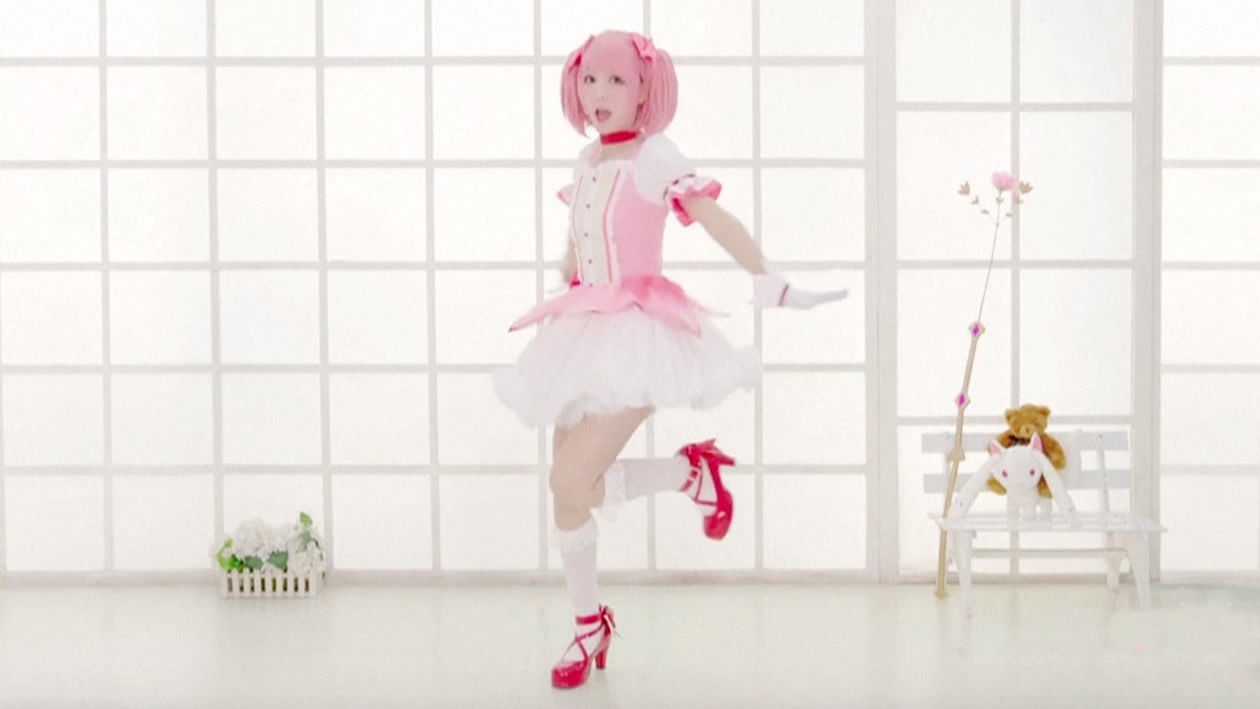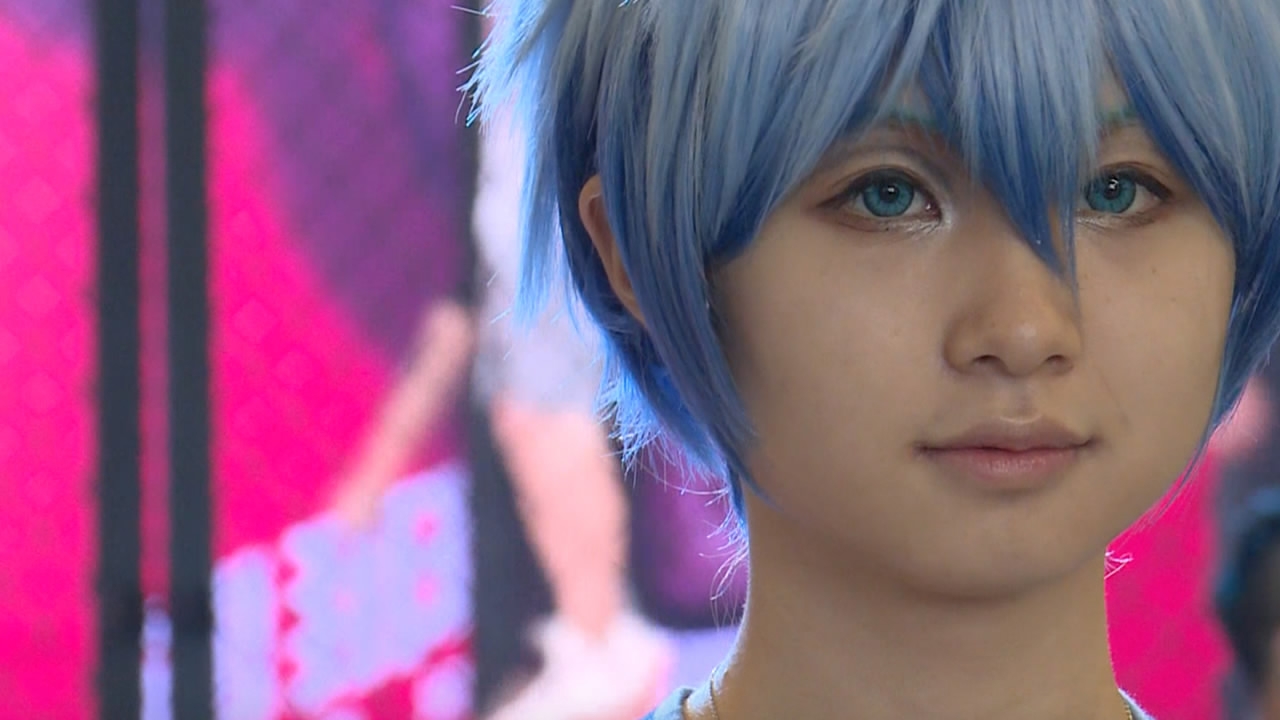
China
17:14, 12-Sep-2017
Virtual escape from reality: Japanese anime, Shanghai style
CGTN

Yaorenmao, an online dance star, escaped online after she felt trapped in her "boring" life in China's modern workforce.
Her alternative world is a Shanghai-based video-sharing platform, where she prances and preens in cosplay outfits for her more than one million fans.
Yaorenmao, a pseudonym meaning "cat that bites people," began uploading brief, self-made videos from her home in the southwestern city of Chengdu in 2011.

She dances to saccharine-sweet tunes in the clips, acting out an unfulfilled childhood dream of becoming a dancer.
Yaorenmao used to work like everyone else after graduating from university, but she made a choice to be an online star after considering a regular working life just too boring.
Her fans often send gifts or money and Yaorenmao will always funnel the money back into increasingly elaborate costumes and settings, including a 10,000 yuan (1,500 US dollars) trip to Japan to shoot videos during the picturesque cherry blossom season.

The video platform, bilibili.com, attracts more than 150,000,000 Chinese users with its eclectic mix of user-generated videos and animation largely inspired by the Japanese world of ACG (anime, comics and games).
Whilst drawing investment from deep-pocketed tech titans like Tencent and Alibaba, the Chinese ACG industry seems to be more promising and is set to develop into a multi-billion-dollar industry.
Analysts estimate China's ACG world has more than doubled in the past four years to around 300,000,000 fans whose spending within the subculture averages more than 1,700 yuan (255 US dollars) per year.

And with amateur video uploads booming in smartphone-addicted young generation, platforms like bilibili are fueling and capitalizing on the ease with which the average Chinese armed with a camera can attain viral celebrity.
Bilibili chairman Chen Rui believes that "Chinese millennials born in the internet age are increasingly inhabiting the virtual world."
"Everyone is afraid of loneliness and everyone wishes for a better world where you can speak out your mind and don’t have to see people you don’t like," he added.
"Each generation has their own way of entertaining. People born after the 1990s have started working and they are now the main consumption force in China, and as their hobbies become the mainstream it will change the industry landscape." Huang Yanhua, an analyst with iResearch Consulting said.
Source(s): AFP

SITEMAP
Copyright © 2018 CGTN. Beijing ICP prepared NO.16065310-3
Copyright © 2018 CGTN. Beijing ICP prepared NO.16065310-3